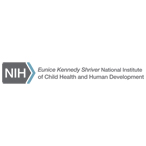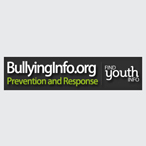Scientific Vision: The Next Decade
On December 5, 2012, the NICHD released the Scientific Vision: The Next Decade, the culmination of a collaborative process that began in 2011 to identify the most promising scientific opportunities for the Institute and the research community to pursue over the next decade. The Vision statement was made available during the NICHD’s 50th anniversary colloquium.







 BACK TO TOP
BACK TO TOP